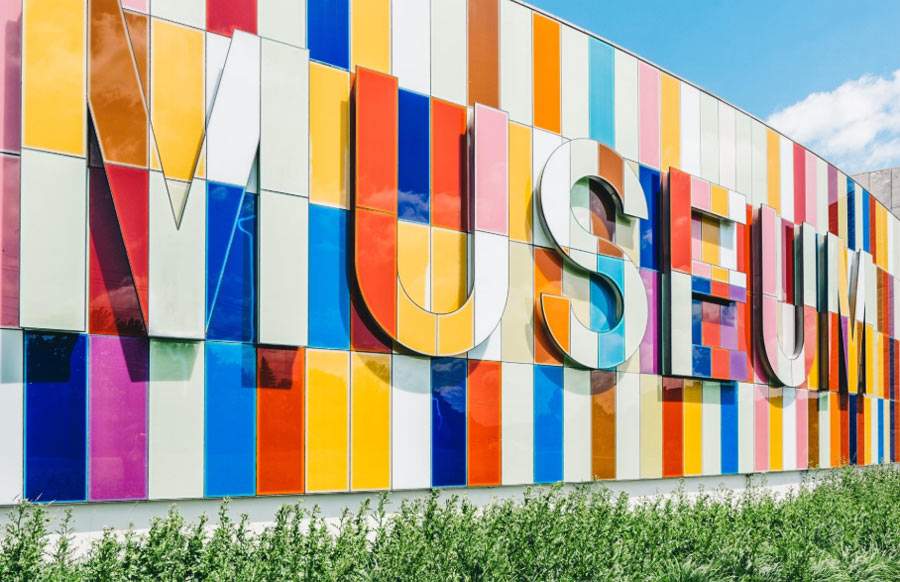A sharp no to underpaid or unpaid work in museums: this is what comes from the Italian committee of ICOM - International Council of Museums, the main representative body of museums worldwide. ICOM Italy expresses strong concern about the spread of underpaid or unpaid work in museums (cases, unfortunately, are now commonplace) and calls on public administrations and all employers to recognize the specific professional skills and to pay compensation appropriate to the functions required, as provided for by our Constitution, to protect the human dignity of workers and in compliance with the principle of equal treatment for similar tasks performed.
The employment situation in the cultural sector, says ICOM, is overall unsatisfactory, heterogeneous and difficult to monitor. The Covid-19 pandemic and the consequent, lengthy interruption of most activities in museums and archaeological sites have brought out with particular evidence already known criticalities and fragilities related to precariousness and poor protections for external professionals, hired on a temporary basis by commercial companies or cooperatives with different contractual forms, almost always inadequate to the specialized level of the tasks required. Data emerging from surveys by Istat (which spoke of a “dramatic crisis” caused by Covid in the culture and tourism sectors) and the Mi Riconosci association (whose research showed how cultural work was devastated in the pandemic months) highlight not only the magnitude of job losses in the culture and museum sector due to closures caused by the COVID-19 pandemic. but also how these losses mainly affected unstructured professionals, who were already heavily penalized by underpaid work. For an analysis of critical issues, we refer to surveys conducted internationally by UNESCO, ICOM and NEMO and in Italy to research conducted by the Fitzcarraldo Foundation and many regional observatories.
The drastic reduction of spending on culture, and in particular of funds for the management of institutes, especially in local authorities, has led to an extreme contraction of staff and to the concession of services, and sometimes of the entire management of museums or networks of museums, to external companies, selected through calls for tenders geared primarily to the greatest economic convenience. In addition, ICOM also notes that there has been widespread misuse of volunteerism. The phenomenon, which in itself constitutes a valuable resource and a tool for participation and active citizenship, as specified in ICOM’s Code of Ethics, “cannot be directed to the replacement of professionals permanently committed and trained to perform highly specialized functions,” the body states. “In this framework, the use of unpaid or underpaid labor has become a widespread practice in Italy in museums large and small, state, municipal or belonging to Foundations, Ecclesiastical Bodies, and Universities. It affects not only the executive levels, but also involves now the managerial ones.” ICOM cites in particular two emblematic cases, which have also been discussed at length on these pages: the public notice of the Senigallia municipality and the notice of the Deruta municipality. Both required for their respective museums a highly qualified technical director-coordinator, with more than just scientific functions, willing to serve for three years in an unpaid position, with a simple reimbursement of expenses.
“In addition to these,” ICOM continues, “there are other recent examples that reproduce a similar situation: recent calls for tenders by the Municipality of SantArcangelo di Romagna and the Municipality of Carrara for scientific museum director figures include remunerations that are totally incongruous with the level of skills and functions to be performed.” The problem, however, is not only Italian, so much so that it has also been examined by the European Commission, which on October 28, 2020, presented a proposal for a directive on adequate minimum wages, supported by President Ursula von der Leyen, which aims to promote collective bargaining in European countries and ensure adequate minimum wages1. This is a remarkable paradigm shift, after decades in which lattention had been placed almost exclusively on wage flexibility, which in fact consists of minimizing the role of collective bargaining and legal minimum wages.
ICOM Italy lets it know that it will continue to monitor the employment situation in museums, forms of recruitment, calls for tenders and contracts, and has launched a Recommendation, prepared by the Board of Arbitrators, addressed to the responsible administrations and the companies that concession services.
 |
| No to underpaid or unpaid work in museums: now even ICOM says so |
Warning: the translation into English of the original Italian article was created using automatic tools. We undertake to review all articles, but we do not guarantee the total absence of inaccuracies in the translation due to the program. You can find the original by clicking on the ITA button. If you find any mistake,please contact us.